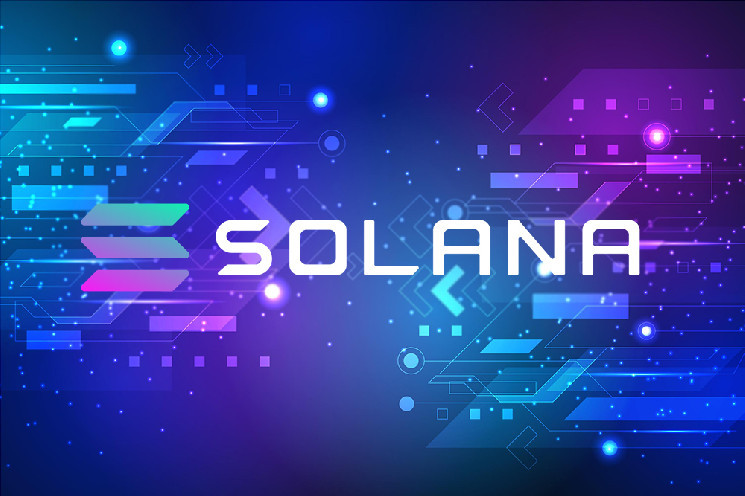Recently, Solana (SOL) has unveiled its zero-knowledge (ZK) compression, developed in collaboration with Light Protocol and Helius Lab. This innovation aims to significantly lower the costs associated with creating tokens and accounts by compressing their on-chain state.
On June 21, Light Protocol announced its partnership with Helius Labs to bring ZK compression to Solana. This new feature enhances application development scalability by compressing on-chain data, thereby reducing costs while maintaining Solana’s security and performance.
ZK compression uses zero-knowledge proofs to reduce the expenses of token and account creation. These proofs ensure data integrity and facilitate data retrieval via supported RPC providers. By storing only state roots on-chain and keeping other data on Solana’s ledger, developers can minimise on-chain storage costs.
Mert Mumtaz, CEO of Helius, highlighted the significant cost reduction and scalability benefits of ZK compression. “We achieve 10,000x scale improvements by compressing on-chain state, moving closer to creating a global, fast-syncing state machine,” he stated.
Austin Federa, Solana’s Head of Strategy, noted that ZK compression addresses the high costs of on-chain account storage. According to him, this feature will make it more economical for businesses to develop on-chain products. “This compression solves a major pain point for institutions and mass-consumer applications,” Federa explained.
However, some argue that the innovation is more likely a layer-2 (L2) network. Adam Cochran believes the compression tool functions as an L2 and that developers are just framing it differently. “The Solana team will eventually realise they’ve built an effective L2 feature, which is positive as long as they are honest about it,” Cochran remarked.
Ethereum investor Ryan Berckmans also thinks the new product is similar to an L2 and praises it as a successful L2 model.
Anatoly Yakovenko, Solana’s co-founder, responded by acknowledging that the product operates like an L2 but without typical drawbacks. He noted it still has some risks but does not require a multisig security council, switching chain IDs, a governance token, or an external sequencer. “It’s an L2 that avoids many traditional issues while still giving Solana validators all transaction fees,” Yakovenko said.
The launch of ZK compression on Solana is a significant advancement, promising to enhance scalability and reduce costs. Despite debates about its nature, the potential benefits are evident. By lowering costs and boosting scalability, ZK compression could drive wider adoption and innovation on the Solana network.
 coinculture.com
coinculture.com
